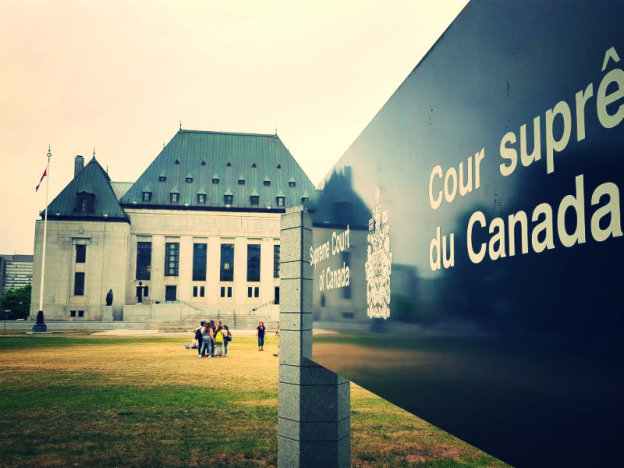
Valentin Erikson’s analysis of the Supreme Court’s decision (June 15, 2018)
www.eriksonlaw.ca
Supreme Court of Canada: If Trinity Western University (“TWU”) drops its mandatory covenant, prohibiting “sexual intimacy that violates the sacredness of marriage between a man and a woman”, graduates from TWU’s proposed law school could be admitted to the LSBC.
Trinity Western University (“TWU”) is an evangelical Christian postsecondary institution that seeks to open a law school that requires its students and faculty to adhere to a religiously‑based code of conduct, the Community Covenant Agreement (Covenant), which prohibits “sexual intimacy that violates the sacredness of marriage between a man and a woman”.
The Law Society of British Columbia (“LSBC”) is the regulator of the legal profession in British Columbia. The Benchers of the LSBC voted to implement a resolution declaring that TWU’s proposed law school was not an approved faculty of law because of its mandatory Covenant.
TWU successfully brought judicial review proceedings to the Supreme Court of British Columbia, arguing that the LSBC’s decision not to approve TWU’s proposed law school violated religious rights protected by s. 2 (a) of the Charter .
The Court of Appeal dismissed the appeal.
As the majority of the Supreme Court of Canada rightfully noted, the LSBC did not deny graduates from TWU’s proposed law school admission to the LSBC; rather, the LSBC denied TWU’s proposed law school with a mandatory covenant.
If TWU drops its mandatory covenant, graduates from TWU’s proposed law school could be admitted to the LSBC.
LSBC is an administrative body. Discretionary administrative decisions that engage the Charter are reviewed based on the administrative law framework.
In Doré and Loyola, SCC held that where an administrative decision engages a Charter protection, the reviewing court should apply “a robust proportionality analysis consistent with administrative law principles” instead of “a literal s. 1 approach”. Under the Doré framework, the administrative decision will be reasonable if it reflects a proportionate balancing of the Charter protection with the statutory mandate
The LSBC’s decision did not limit religious freedom to a significant extent. The LSBC did not deny approval to TWU’s proposed law school in the abstract; rather, it denied a specific proposal that included the mandatory Covenant.
When the LSBC asked TWU whether it would “consider” amendments to its Covenant, TWU expressed no willingness to compromise on the mandatory nature of the Covenant. Important: The decision only prevents TWU’s community members from attending an approved law school at TWU that is governed by a mandatory covenant.
The decision not to approve TWU’s proposed law school significantly advanced the LSBC’s statutory objectives by maintaining equal access to and diversity in the legal profession and by preventing the risk of significant harm to LGBTQ people.
The decision of LSBC was reasonable.